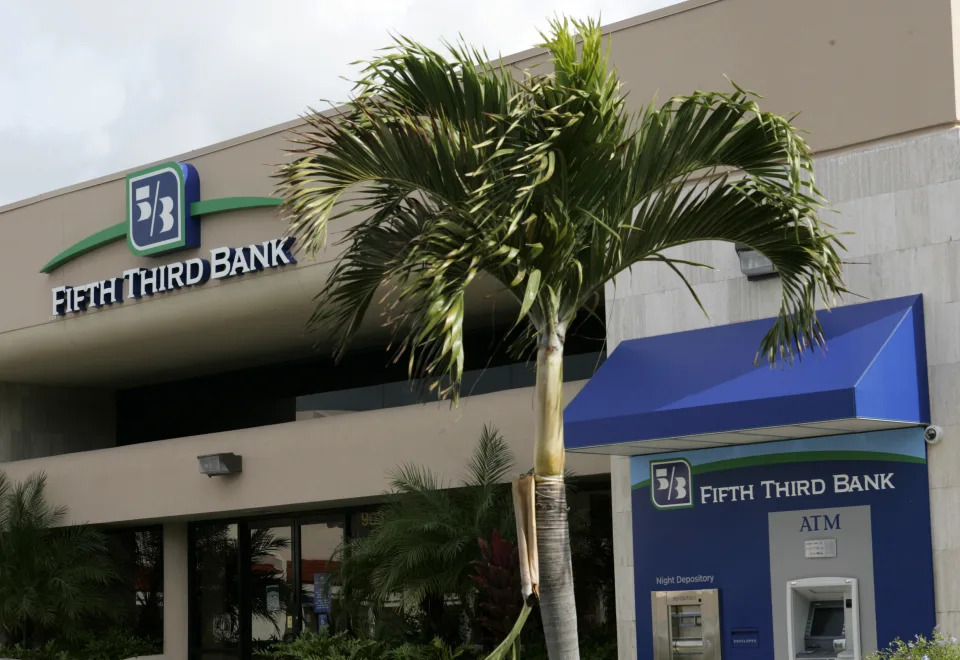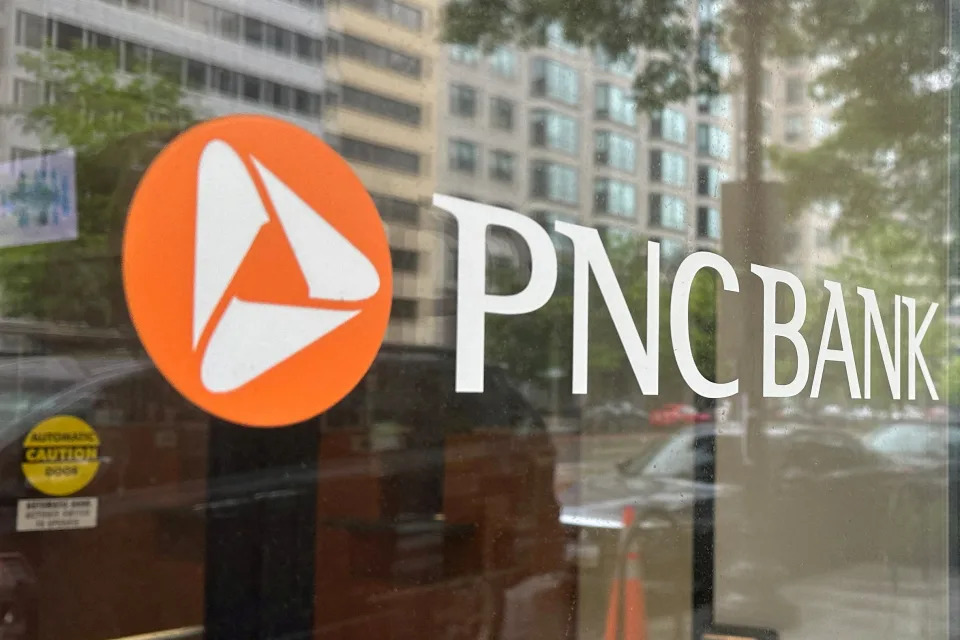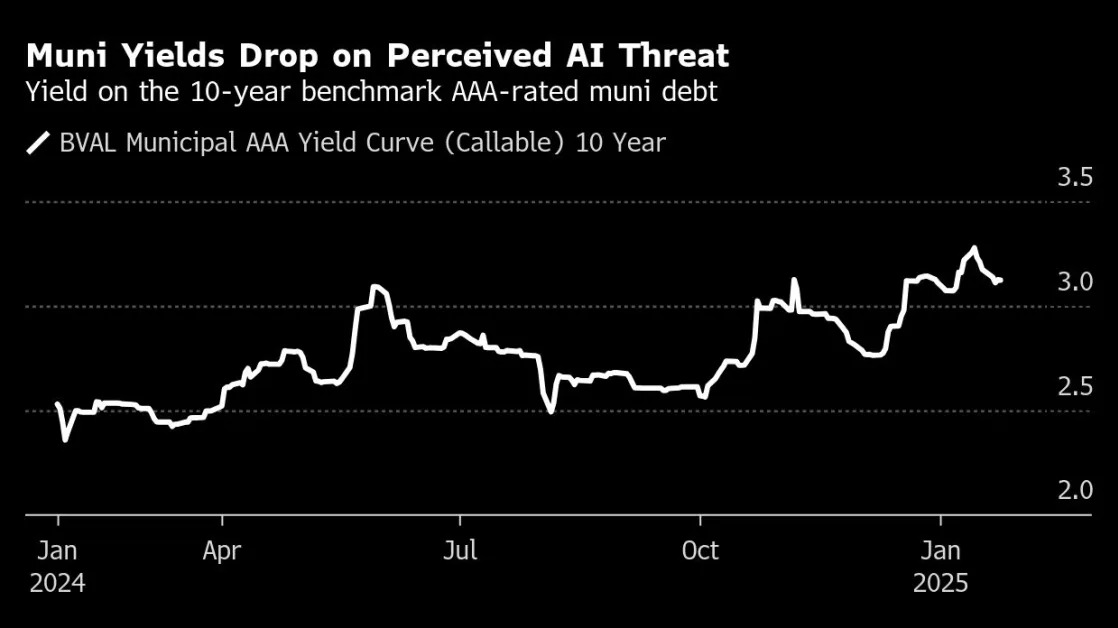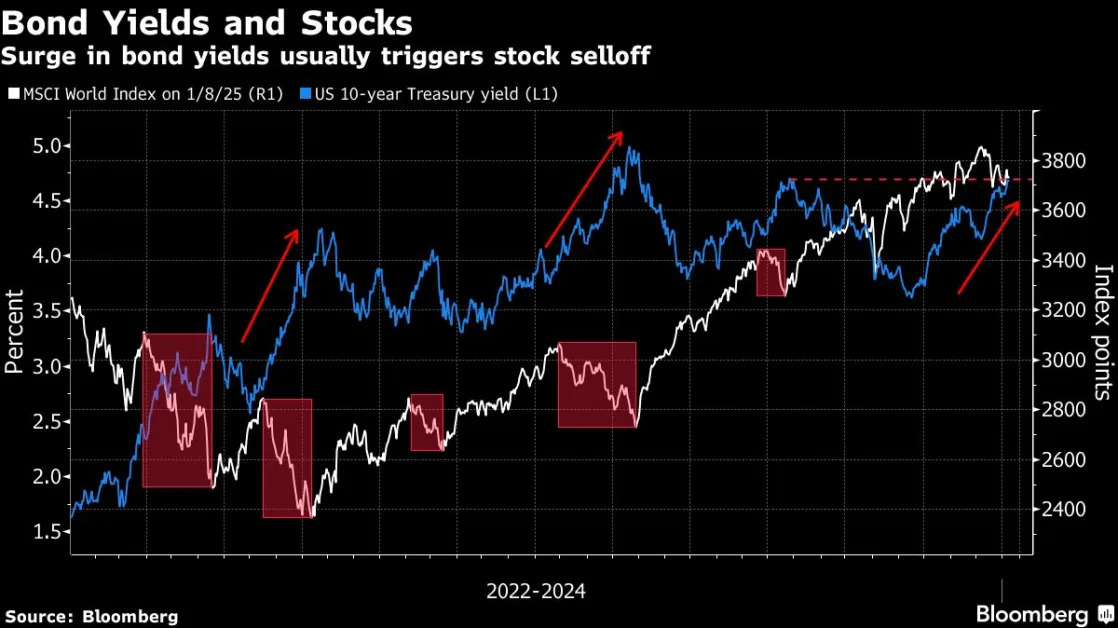The increasing likelihood of an interest rate cut from the Federal Reserve offers hope that a lending slump for US banks could soon end, but bankers warn it will likely take a lot longer for the relief to be visible.
"What we’re hearing from clients is that they need to see … somewhere between 75 or 100 basis points of rate cuts before they'll go from being cautious on investing in the business to being even more aggressive," Fifth Third ( FITB ) CEO Tim Spence told Yahoo Finance in a recent interview.
Just one cut "is not going to make anyone's dreams come true," Frost Bank ( CFR ) CEO Phil Green added in a separate interview.

Fed Chair Jerome Powell said Wednesday that a cut in September could be "on the table" as long as the data supported it, and hinted that any possible first cut would likely be 25 basis points.
New evidence of a slowing labor market released Friday prompted traders to get even more aggressive, estimating a 70% chance of a half-percentage-point cut next month.
The same day, an index tracking US bank stocks ( ^BKX ) fell 4.3%, its largest daily drop since May 2023. That index remains up 10% year to date.
Banks have been waiting two years for rates to come back down. Elevated rates have proven to be a major challenge for lenders struggling with the high costs of funding, lower-yielding securities, and their exposure to the weaknesses of commercial and consumer borrowers.
The high rates have also depressed new lending, making it more difficult for banks to grow. Quarterly loan growth across all US commercial banks has been falling for roughly two years, according to Federal Reserve data.
Since the spring of last year, that figure has stood below its historical decade average. The weakest demand is for new business loans.
'Anybody's guess'
As interest rates begin falling, the hope is that many of these problems will begin to ease.
How quickly that happens depends in part on how quickly the US economy begins to recover. If the US does, in fact, fall into a recession, loan demand will likely take longer to pick up.
Even if the economy avoids a recession, a rebound in lending is likely to lag the first interest rate cut by several months, said analysts and bankers.
At this point, "it's kind of anybody's guess," Scott Siefers, a bank analyst for Piper Sandler, told Yahoo Finance.
Uncertainty surrounding the outcome of the US presidential election in November is also likely to play a role.
"Whether we measure this in basis points or time, it does feel like it's now going to be more of an early 2025 event," Siefers added.
Many bank management teams began the year forecasting a recovery in lending by the second half of 2024, only to begin walking back those predictions by April.
By July most banks had either pushed back loan growth further or scrubbed it from their forward guidance entirely.
"We kind of just got tired of saying that, hey, loan growth is going to come at some point. So we took it out of the forecast," PNC ( PNC ) CEO Bill Demchak told analysts in mid July.
"If it shows up, we'll benefit like everybody else," he added.

Banks do have other ways they can do better next year even if loans don’t pick up: They can re-price their existing loans and bonds at elevated rates.
Some are already taking those steps. PNC, Truist ( TFC ), and others have taken billions of dollars in losses by selling underwater bonds and they are using the proceeds to buy new securities at higher-yielding rates.
But a shift in lending would no doubt help.
Banks have "all been waiting for this inflection point on lending," Tim Coffey, an analyst for Janney Montgomery Scott, told Yahoo Finance.
"So if they're a little hesitant to signal 'we’re all clear,' I totally get it, but I can still see the pathway once rates come down," Coffey added.
The first cut, even if it’s small, could spark a shift in sentiment.
"People will begin to see the cost of money is going to go down so I think you'll see more optimism," Frost Bank’s Green told Yahoo Finance.
David Hollerith is a senior reporter for Yahoo Finance covering banking, crypto, and other areas in finance.
.





